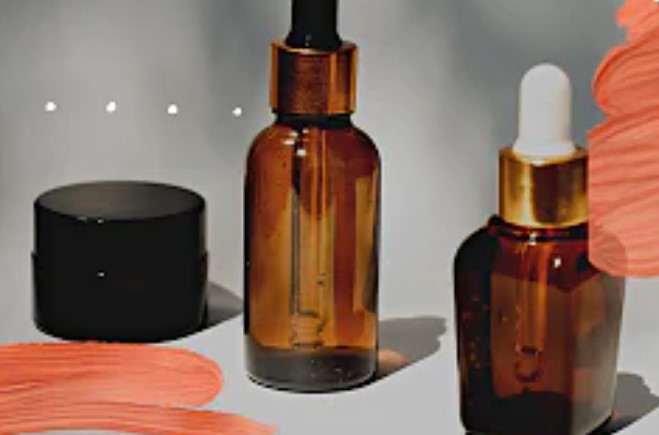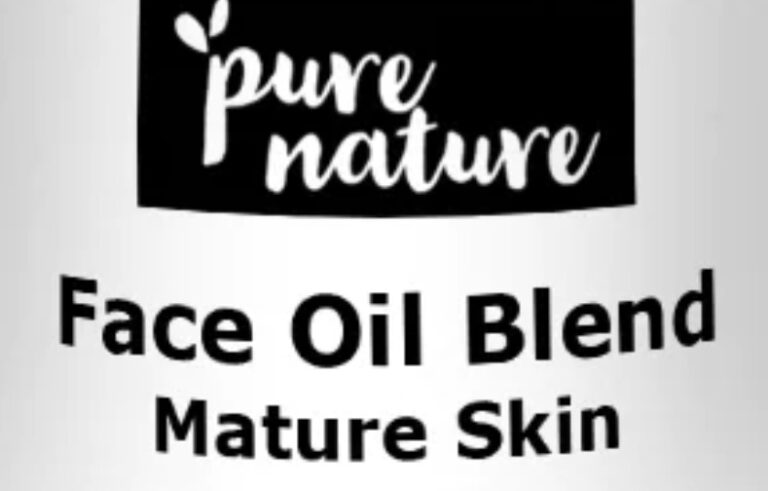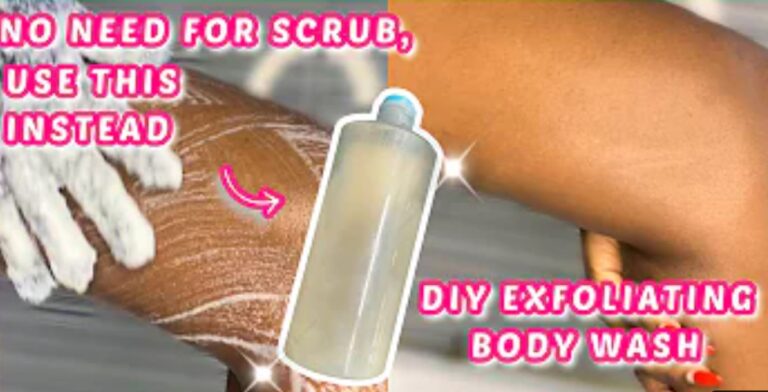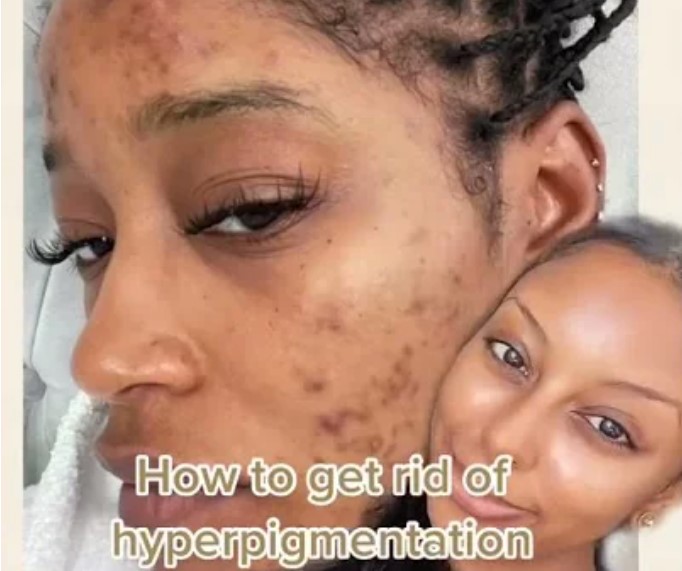Skincare for eczema
Understanding Skincare for Eczema
Skincare for eczema is an important aspect of managing and alleviating the symptoms of this chronic skin condition.
Eczema, or atopic dermatitis, is characterized by dry, itchy, inflamed, and irritated skin. Everyone’s eczema is unique, and what works for one person may not work for another. So proper skin care helps control flare-ups, reduce symptoms, and maintain the skin’s overall health.
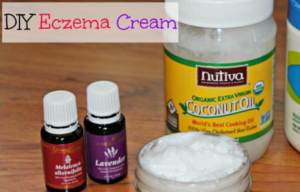
What to consider and some recommendations when dealing with eczema:
- Gentle Cleansing: Use mild, fragrance-free, and non-irritating cleansers specifically formulated for sensitive skin. Avoid harsh soaps, detergents, and hot water, as they can strip the skin of natural oils and worsen eczema symptoms.
- Moisturize Regularly: Hydrating the skin is crucial for eczema management. Apply moisturizers immediately after bathing or showering while the skin is damp to lock in moisture. Choose fragrance-free, hypoallergenic, and thick ointments or creams that provide a barrier for the skin and prevent moisture loss.
- Patch Testing: Before trying new skincare products, perform a patch test on a small area of the skin to check for any adverse reactions or allergies. This is especially important when introducing new moisturizers, cleansers, or topical treatments.
- Avoid Irritants: Identify and avoid triggers that can irritate your skin and trigger eczema flare-ups. Common irritants include harsh chemicals, fragrances, dyes, certain fabrics (like wool or synthetic fibres), and excessive heat or sweating.
- Clothing Choices: Opt for soft, breathable fabrics such as cotton, less likely to irritate the skin. Avoid tight-fitting clothes and choose loose, comfortable garments that allow your skin to breathe.
- Sun Protection: Protect your skin from excessive sun exposure, as sunburns can worsen eczema symptoms. Use a broad-spectrum sunscreen with an SPF of 30 or higher, and cover up with clothing or seek shade when the sun is at its peak.
- Avoid Scratching: Although eczema can be extremely itchy, scratching can further damage the skin and lead to infection. Keep nails short, wear cotton gloves at night if necessary, and use cool compresses or anti-itch creams to relieve itching.
- Topical Steroids: Topical corticosteroids are commonly prescribed by dermatologists to reduce inflammation and relieve itching during eczema flare-ups. Follow your doctor’s instructions regarding the appropriate strength, duration, and application of these medications.
- Prescription Medications: In severe cases, your doctor may prescribe oral medications or immunosuppressants to manage eczema symptoms. Discussing the potential benefits and risks of these medications with your healthcare provider is important.
- Moisture Control: Maintain a humid environment in your home, especially during dry seasons or in dry climates. A humidifier adds moisture to the air and prevents excessive skin drying.
- Stress Management: Stress can trigger or worsen eczema symptoms. Implement stress-reduction techniques such as mindfulness, meditation, yoga, or engaging in hobbies you enjoy to help manage stress levels.
- Diet and Allergens: Some individuals with eczema may experience flare-ups triggered by certain foods or allergens. Keeping a food diary and working with an allergist or dermatologist can help identify and avoid potential triggers.
The following is how to take care of your eczema in the morning:
- Start with a gentle cleanser if your skin is oily. “I recommend gentle, hydrating washes that cleanse without compromising the skin barrier,” says Zeichner. If you have dry or normal skin, just splash your face with water.
- Use your eczema treatment products, which may include a moisturizer and topical relief cream.
- Apply daily sunscreen.
The following is how to take care of your eczema in the evening:
- Wash with cleanser or plain water. If you wear makeup, avoid using makeup wipes to remove your makeup, because they can be irritating. “Instead, try an oil-based makeup remover.
- Apply any treatment product, there are good ones you can find in the market.
- Follow with moisturizer. Moisturize within five minutes of getting out of the shower to lock in hydration. If you wait too long to moisturize, your skin may become drier, source National Eczema Society.
Source
- Danby SG, Andrew PV, Brown K, et al. An Investigation of the Skin Barrier Restoring Effects of a Cream and Lotion Containing Ceramides in a Multi-Vesicular Emulsion in People With Dry, Eczema-Prone, Skin: The RESTORE Study Phase 1. Dermatology and Therapy. October 2020.
- Atopic Dermatitis (Eczema). Mayo Clinic. May 9, 2023.
- Eczema: Steroids and Other Topical Medications. InformedHealth.org. February 23, 2017.
- Eczema and Bathing. National Eczema Society.
- Atopic Dermatitis. National Eczema Association.

